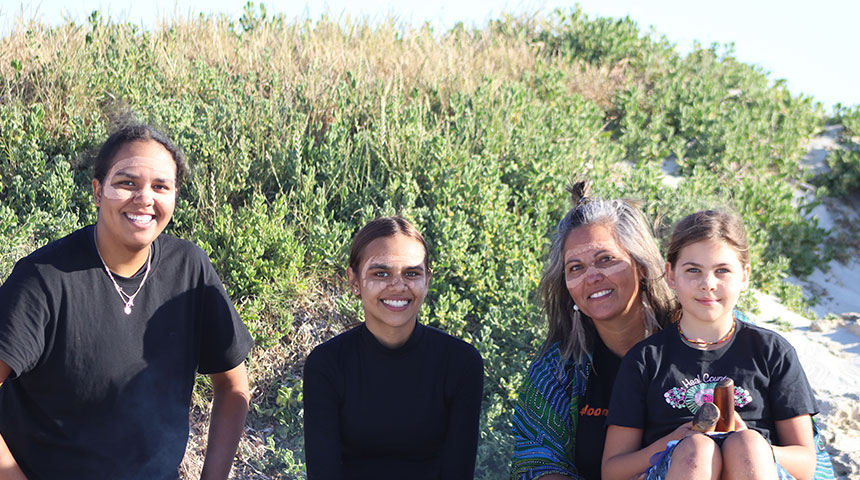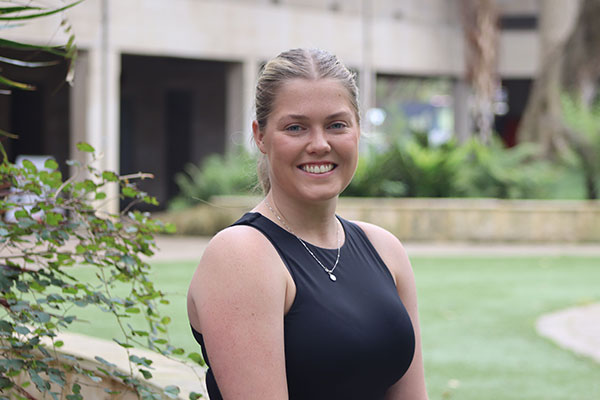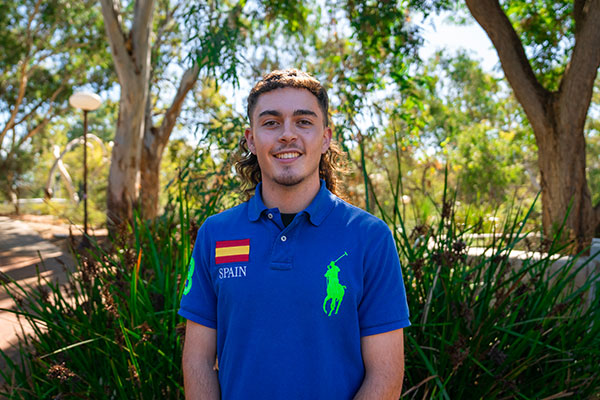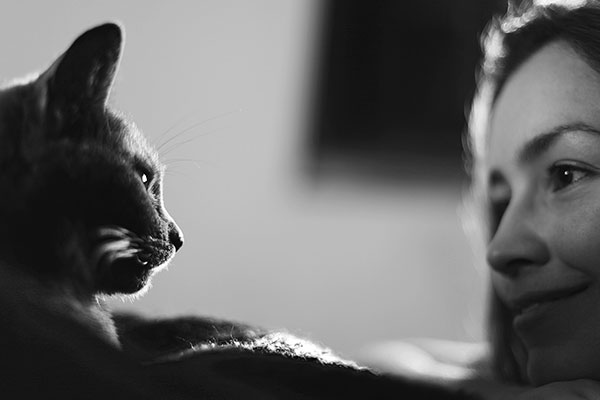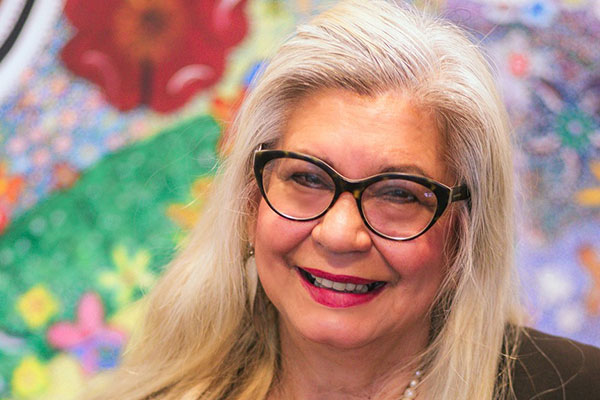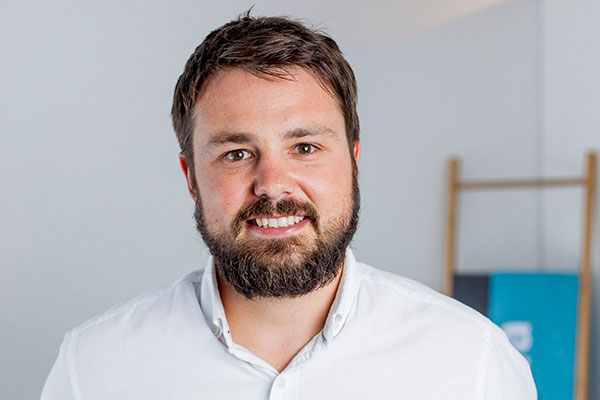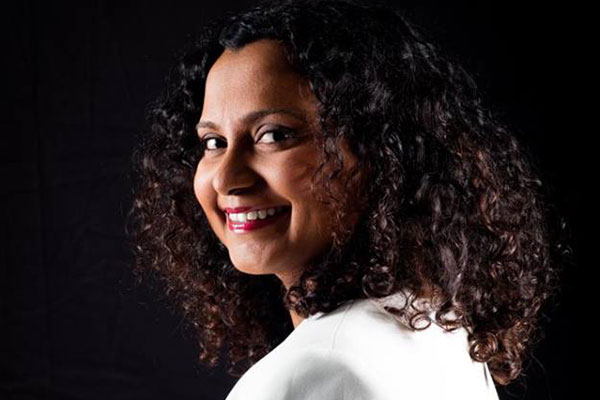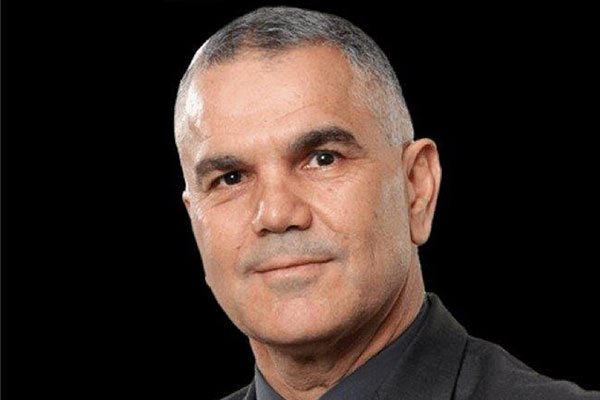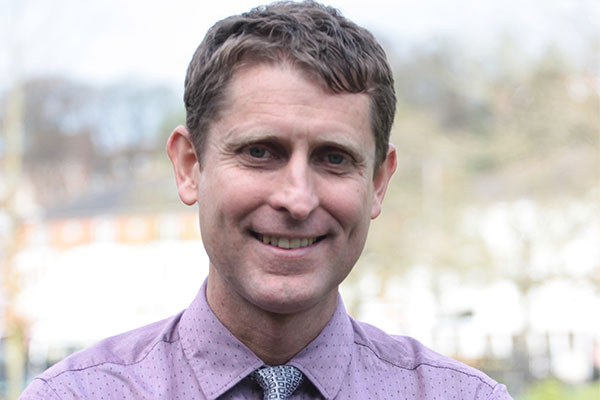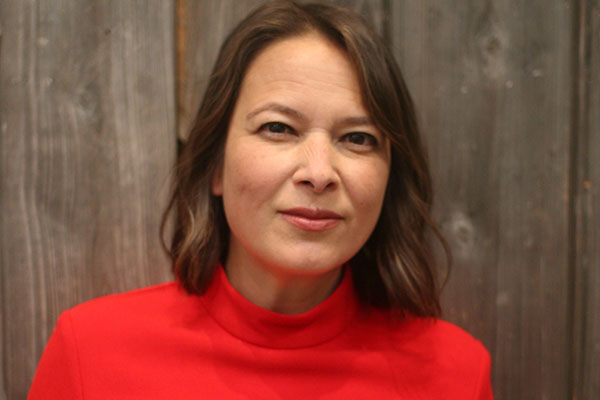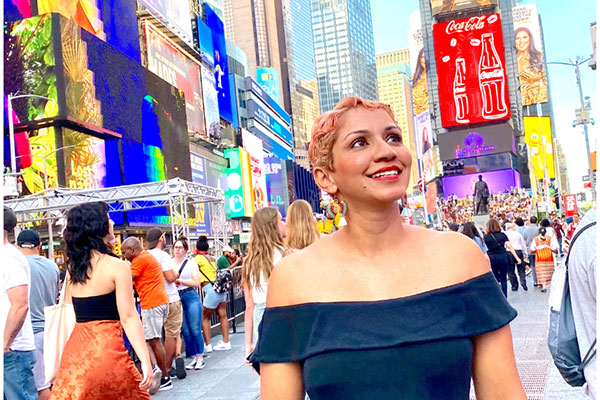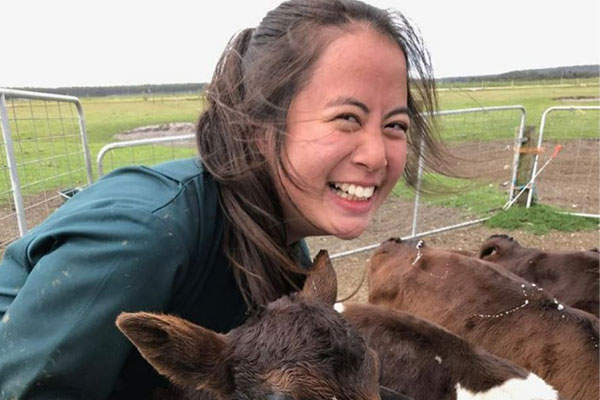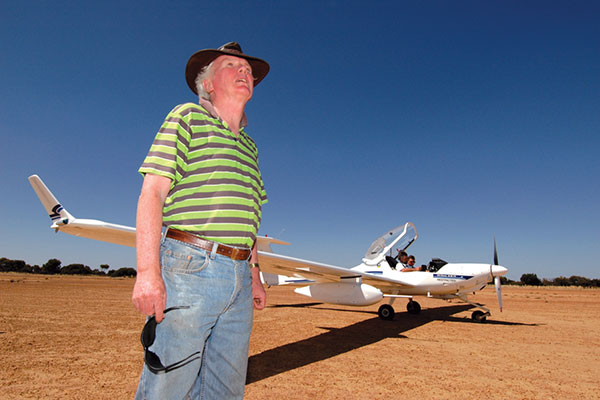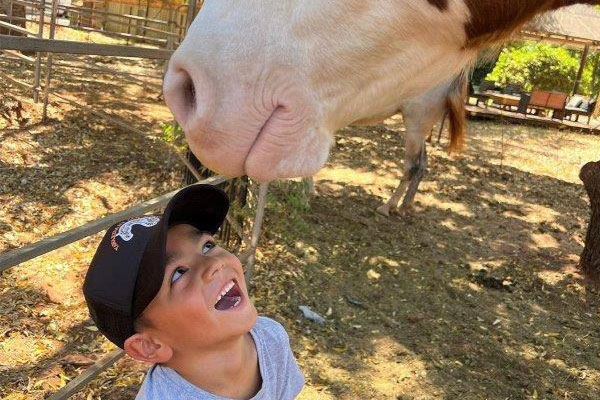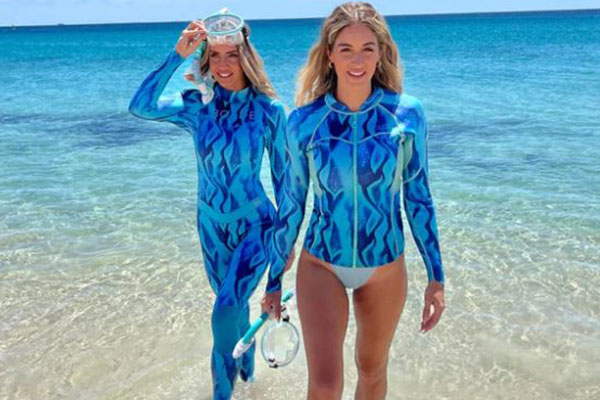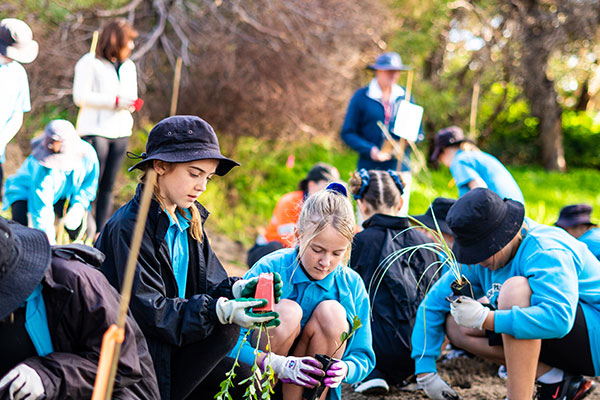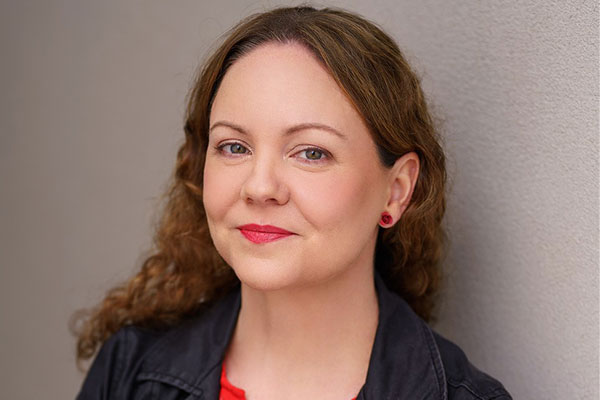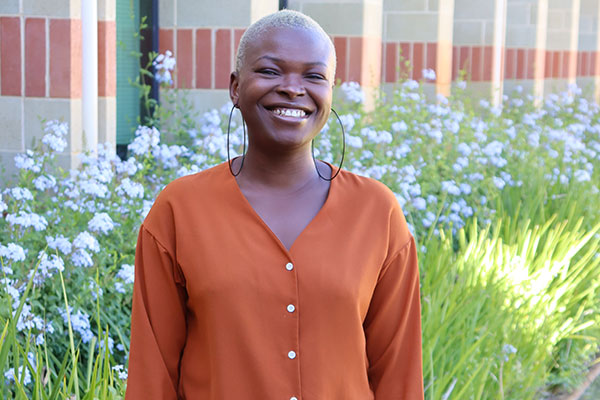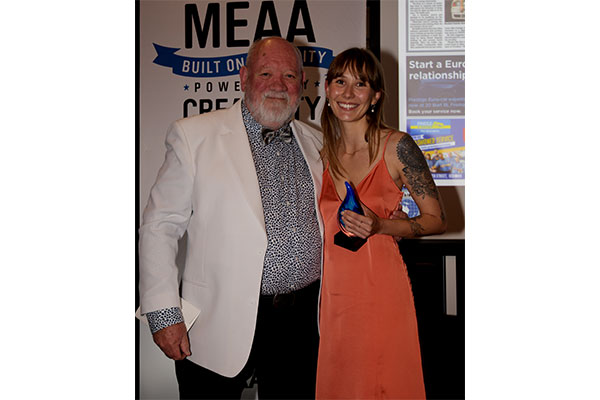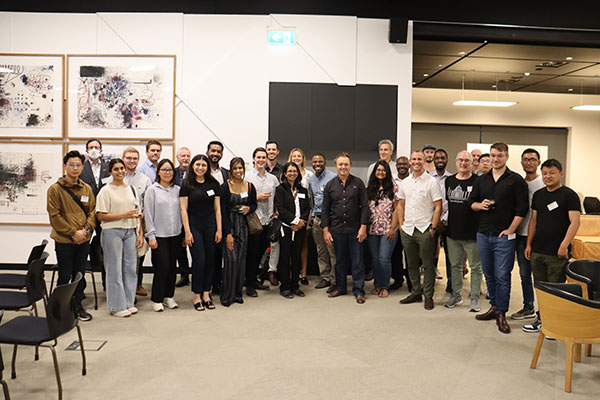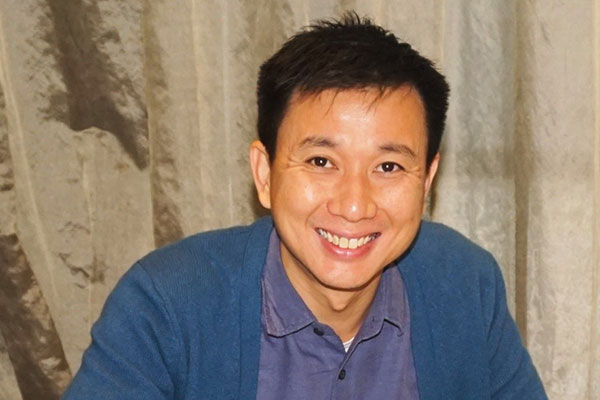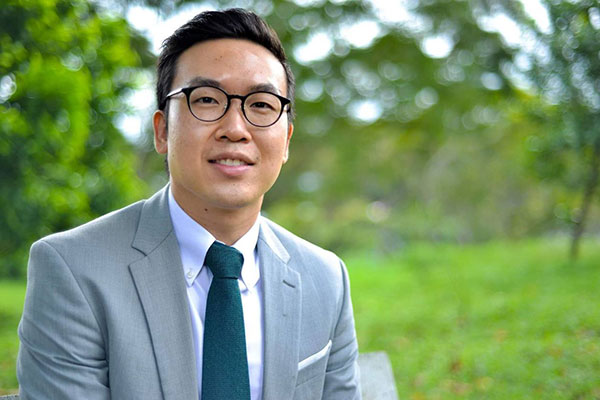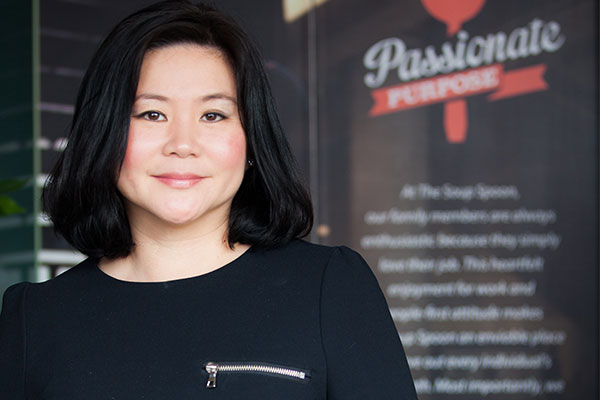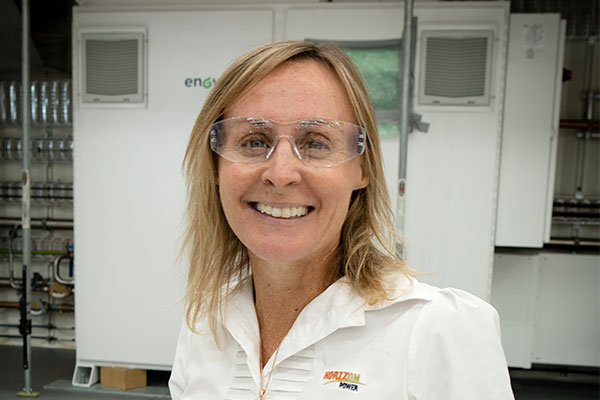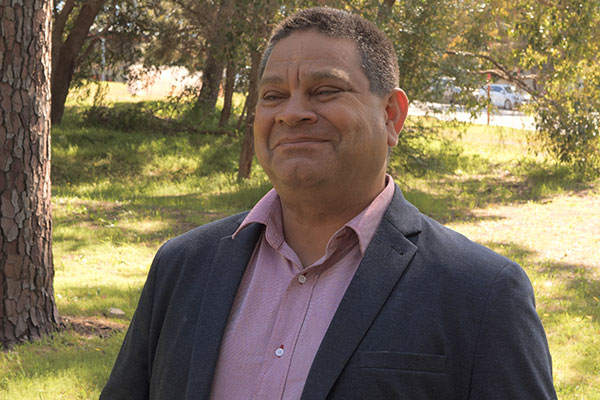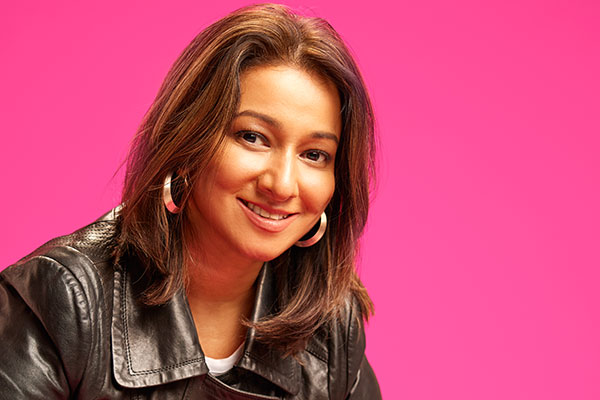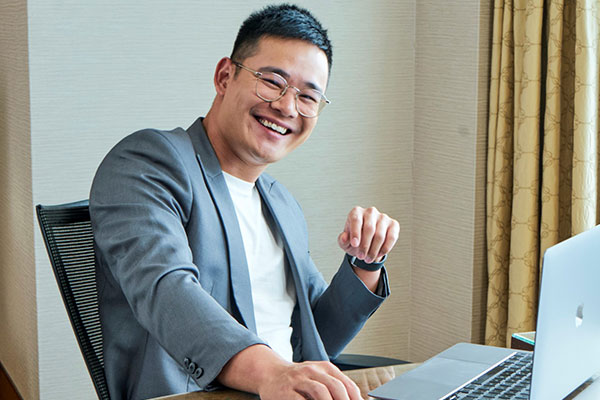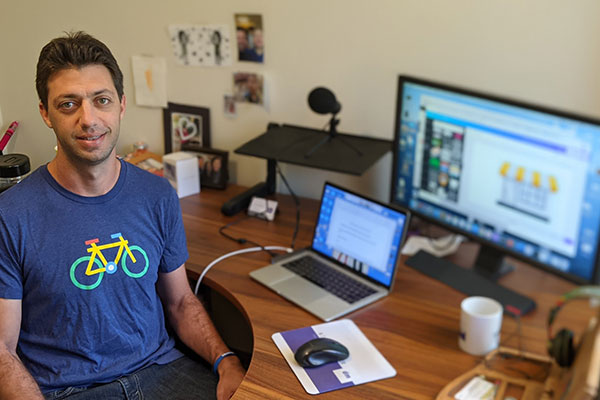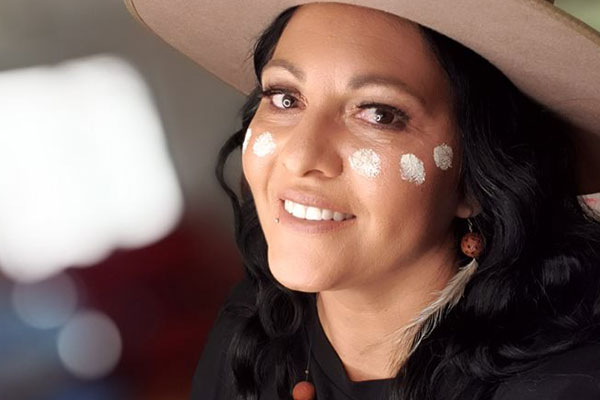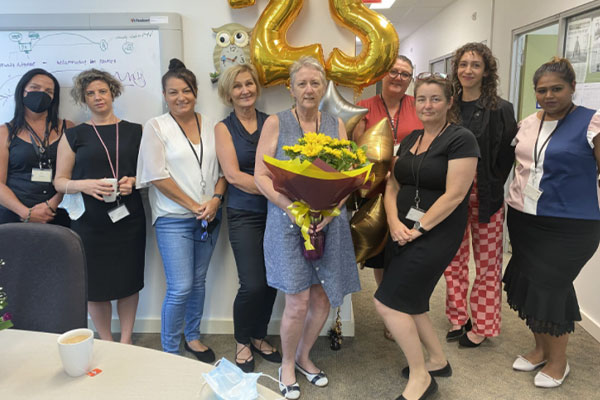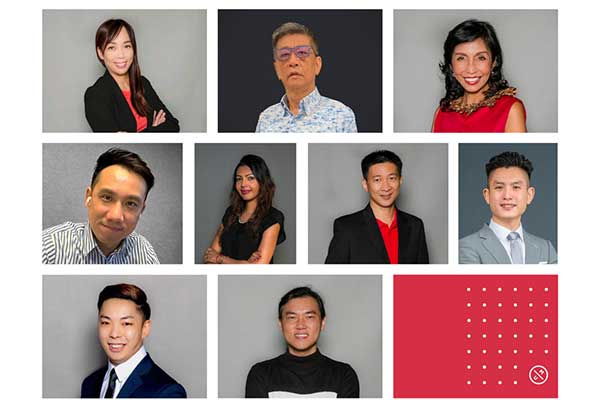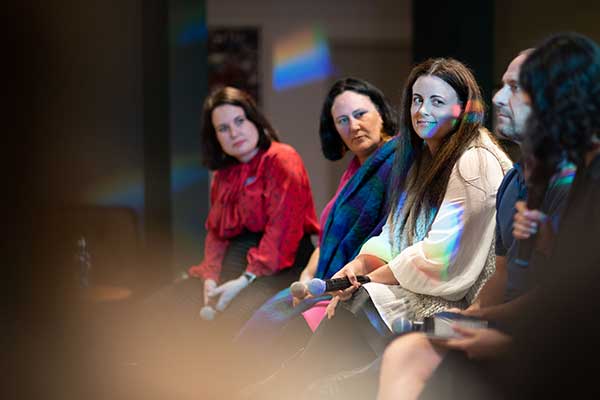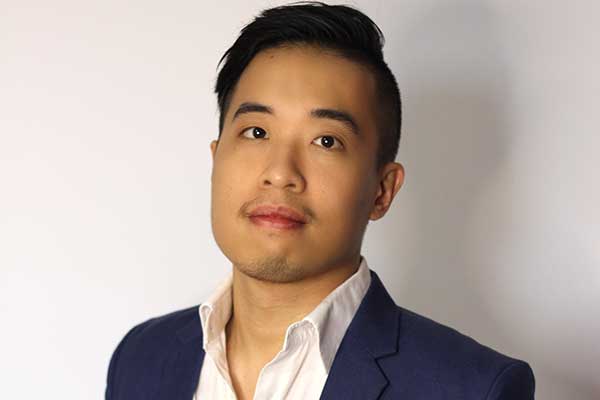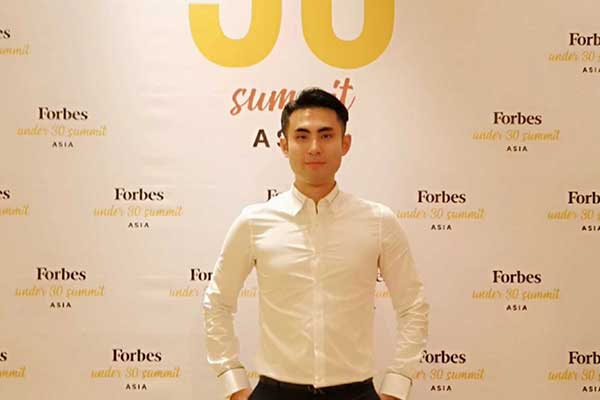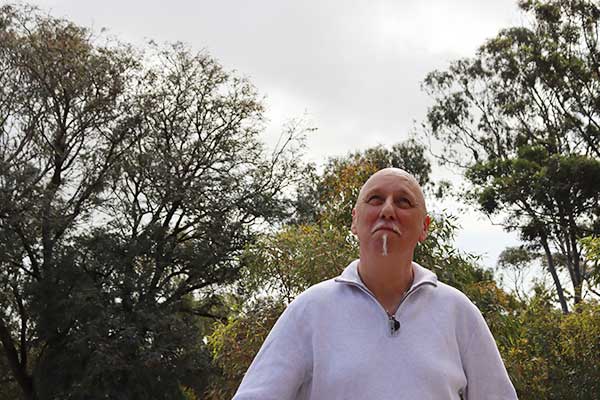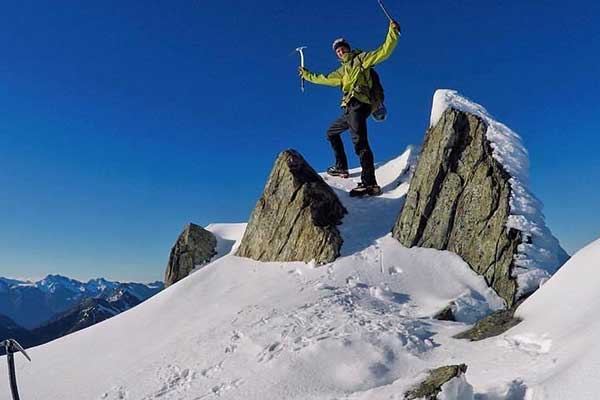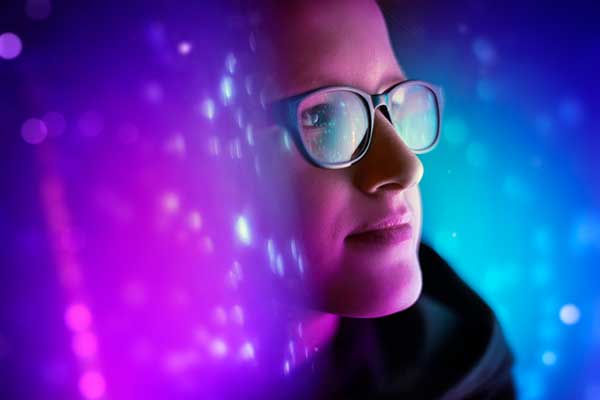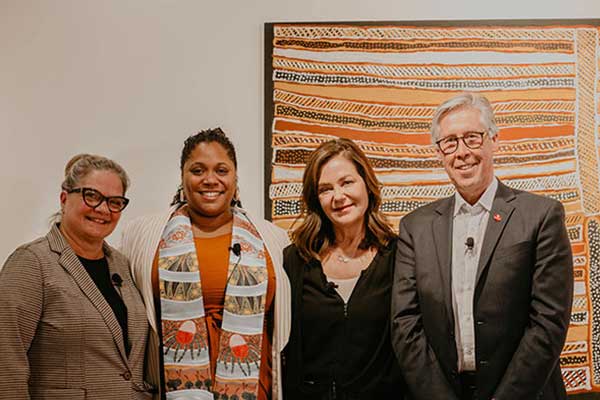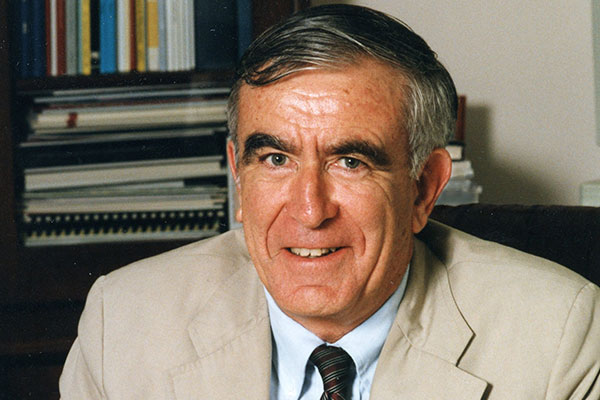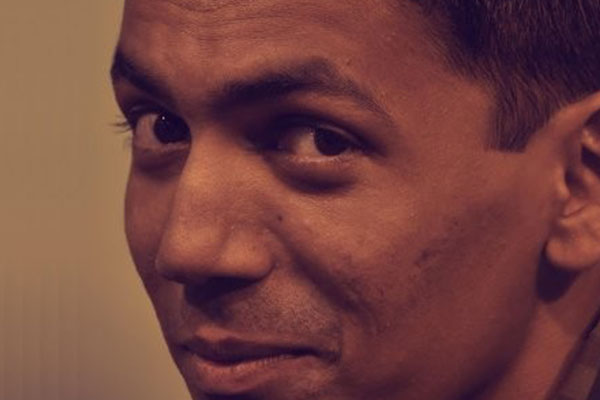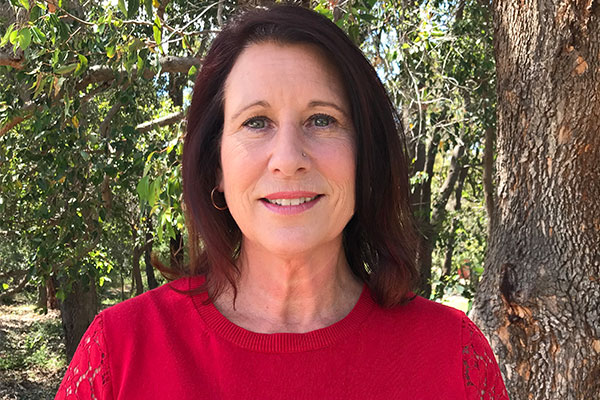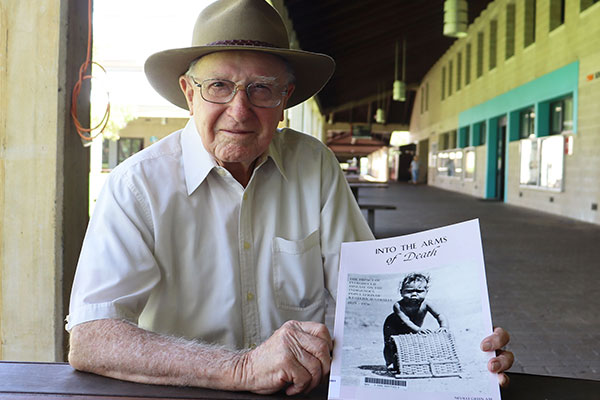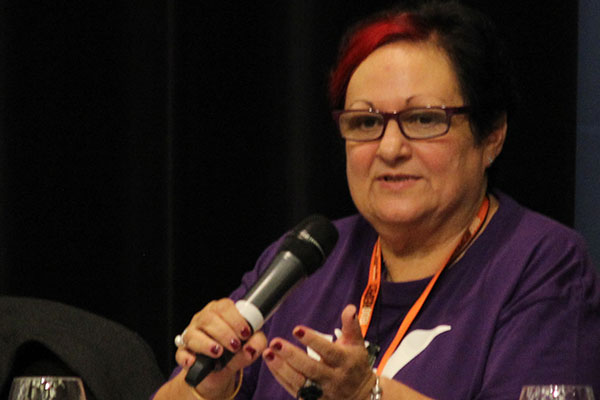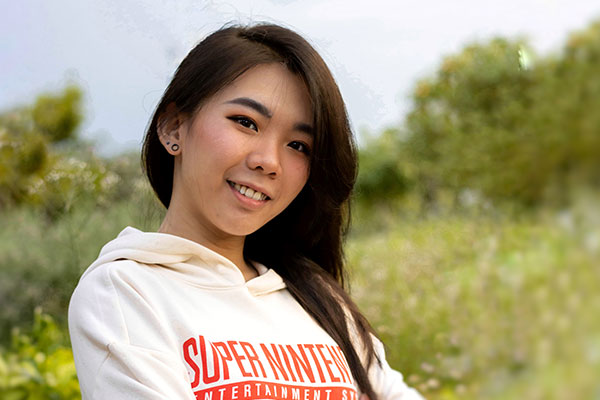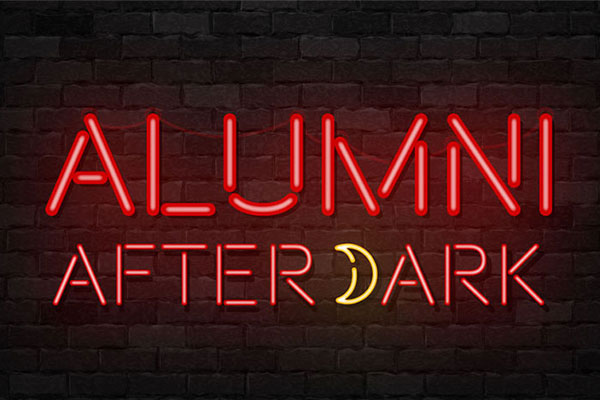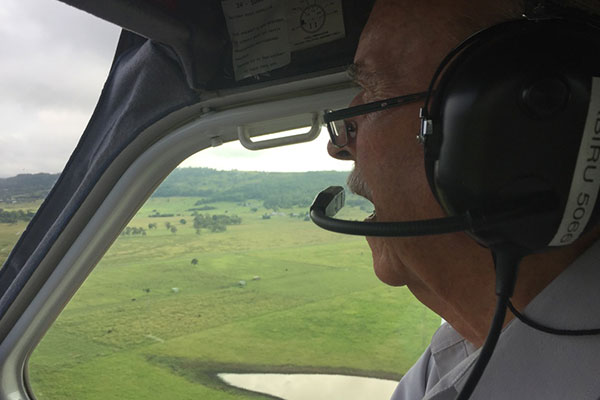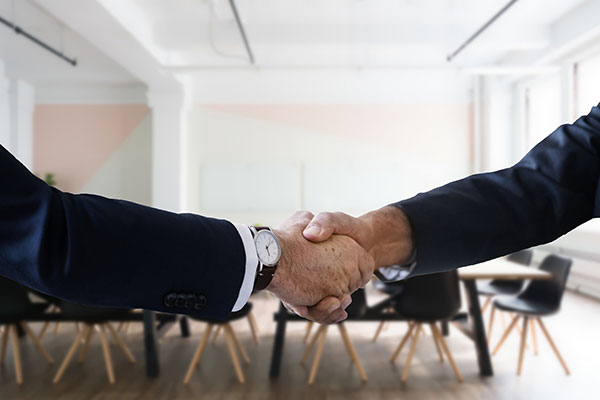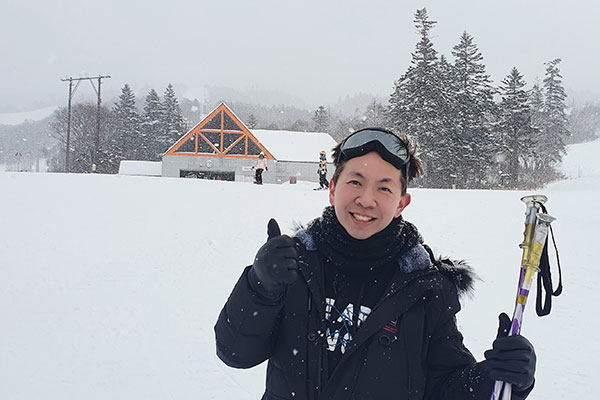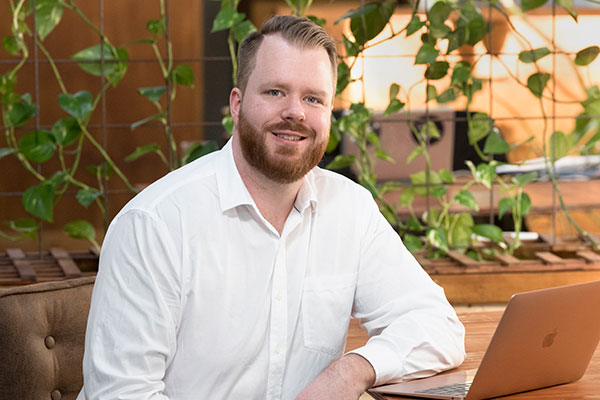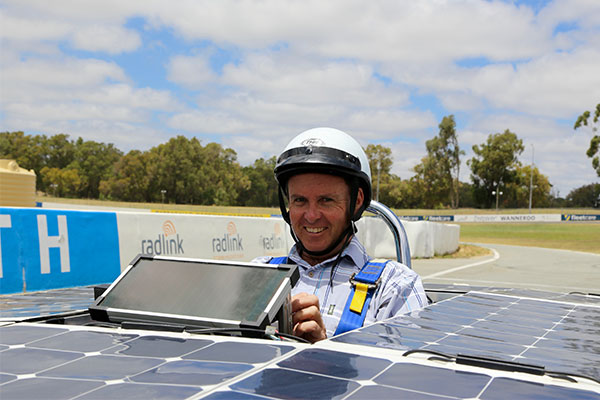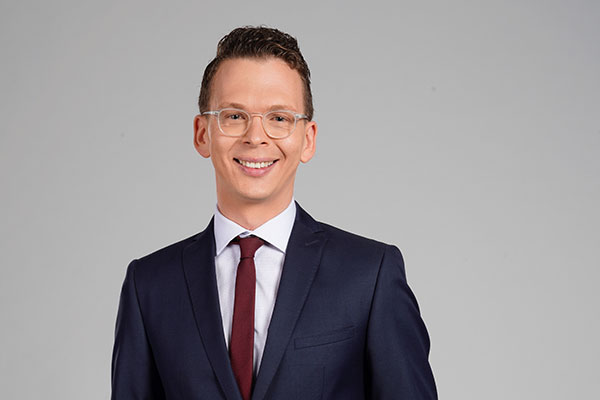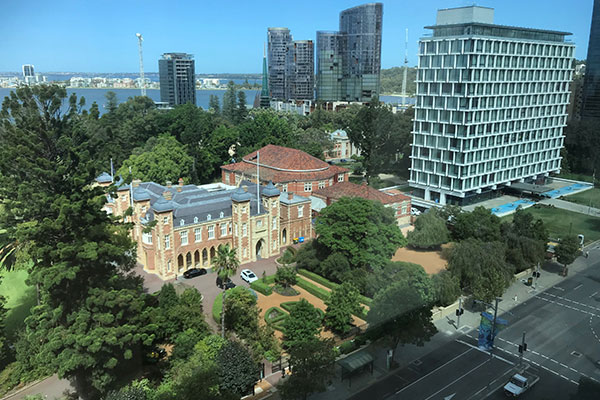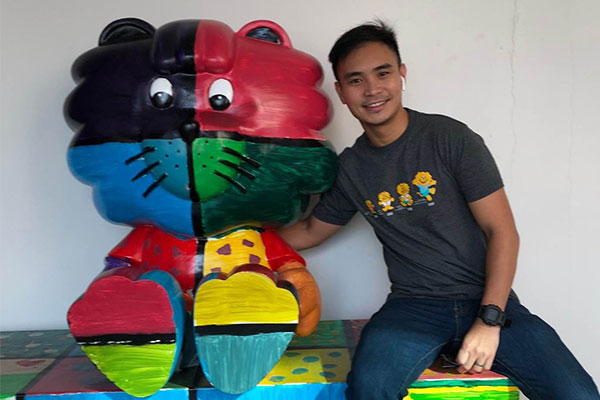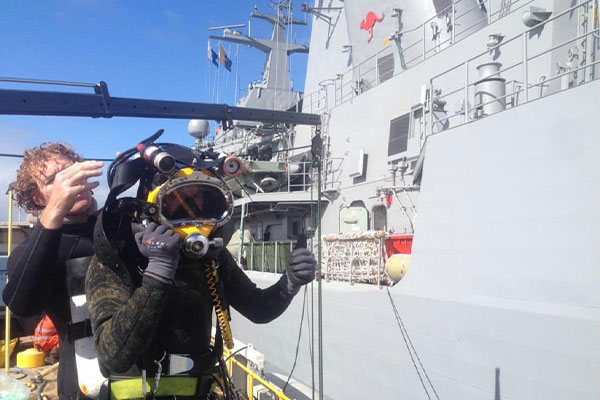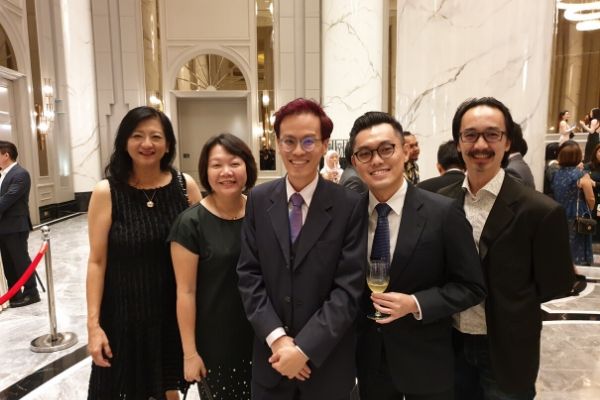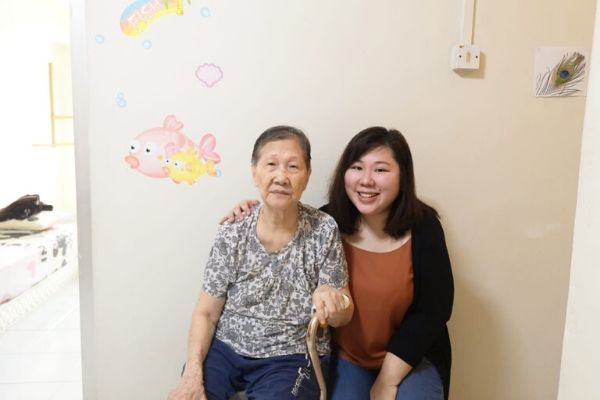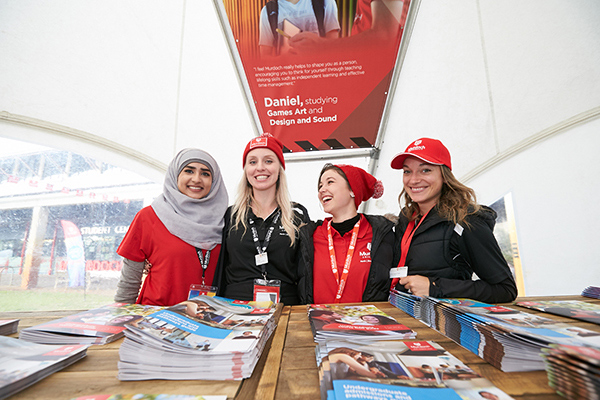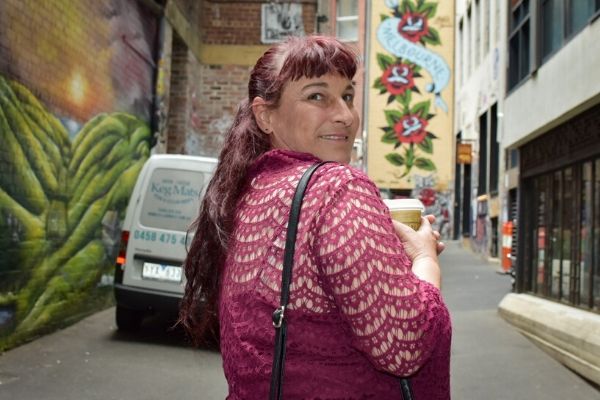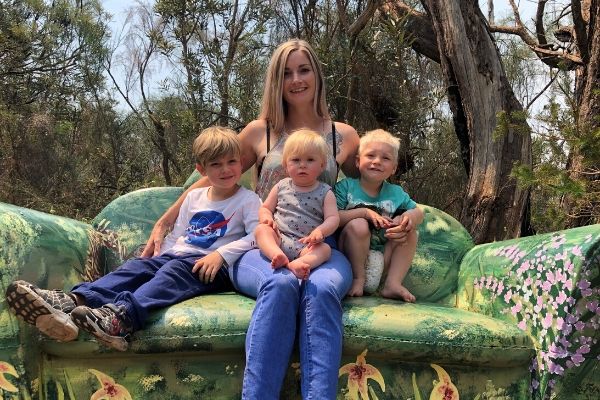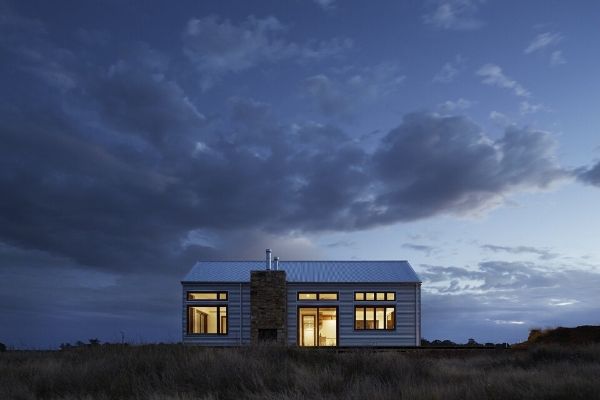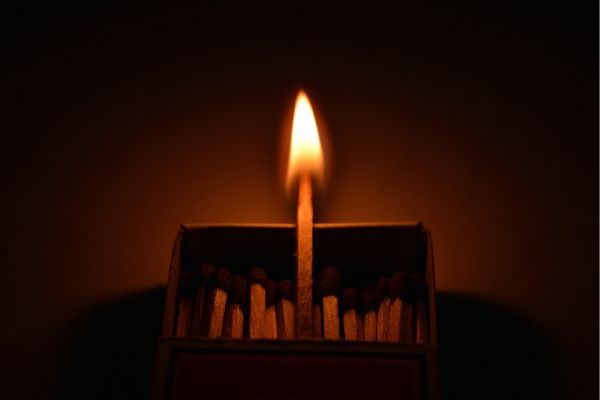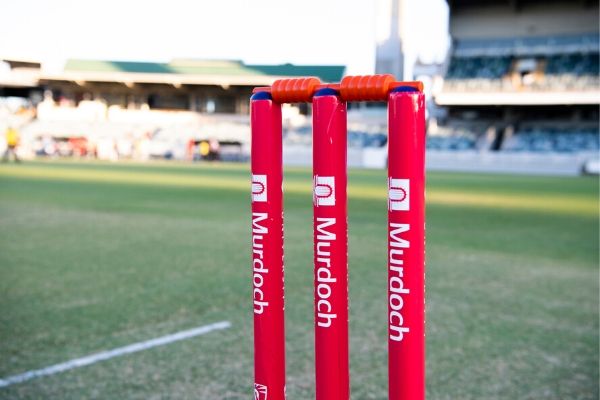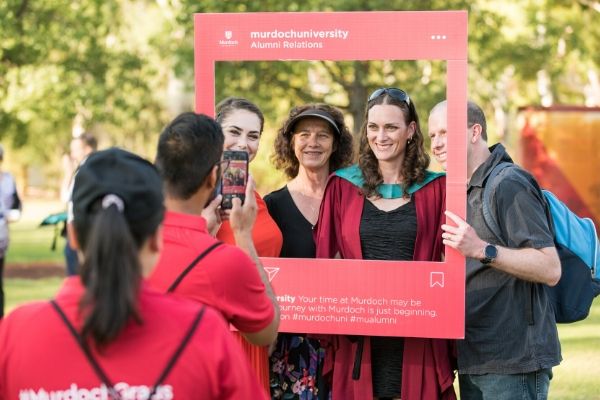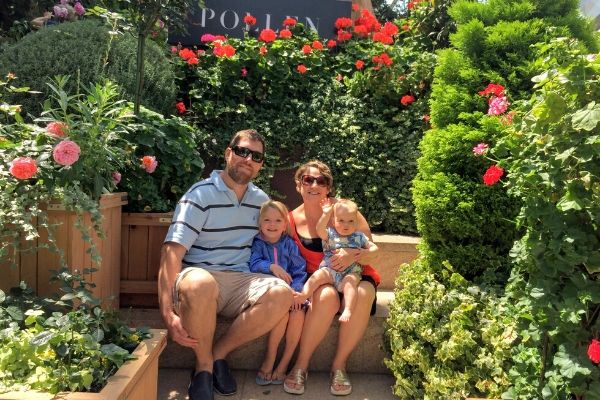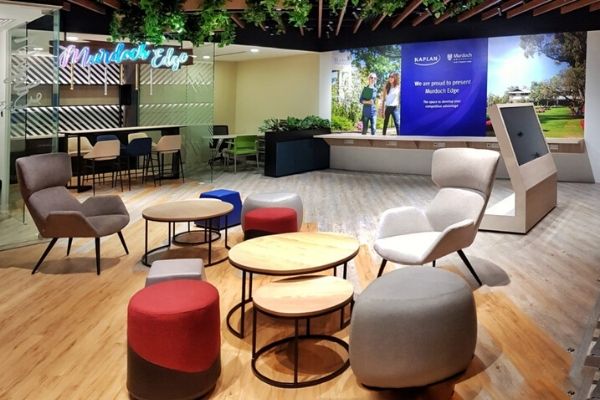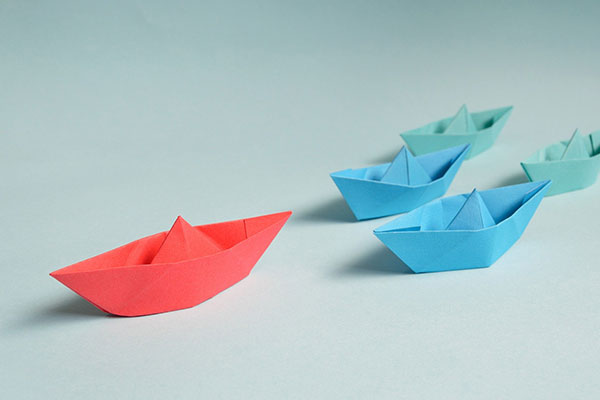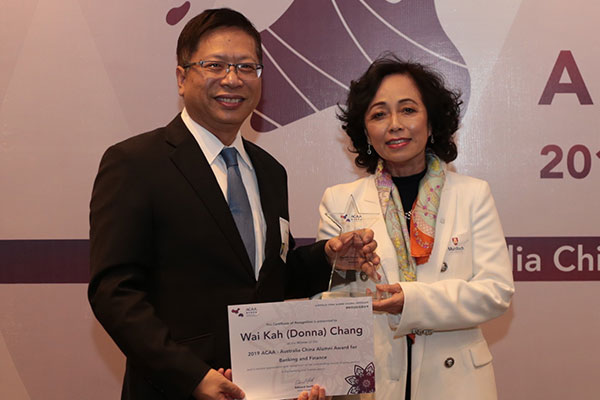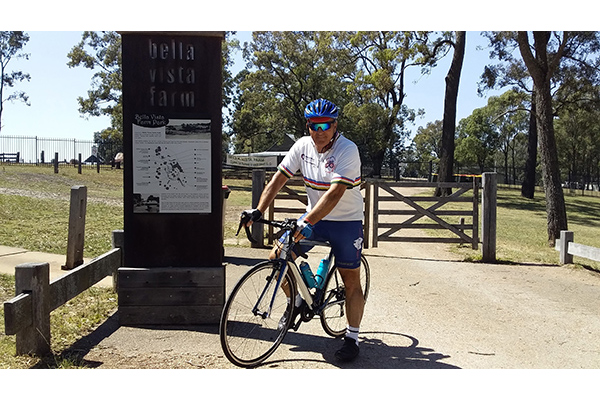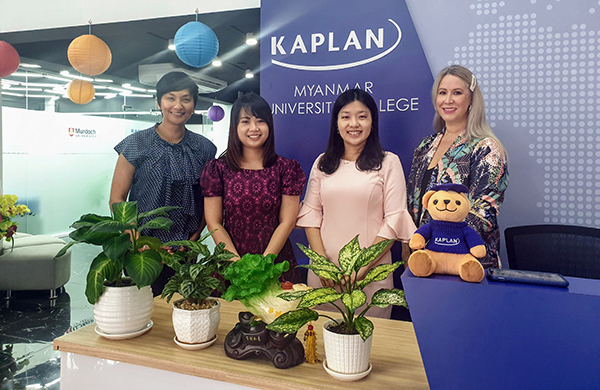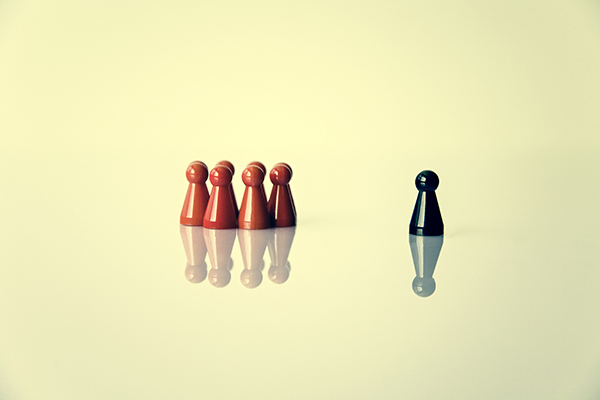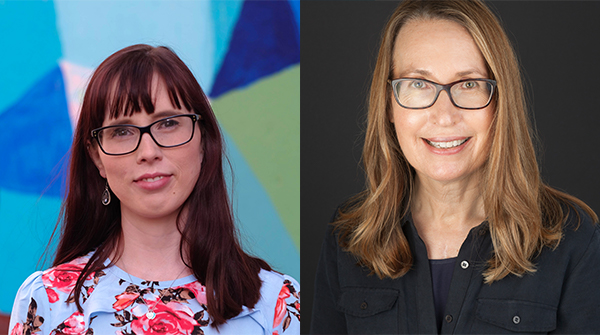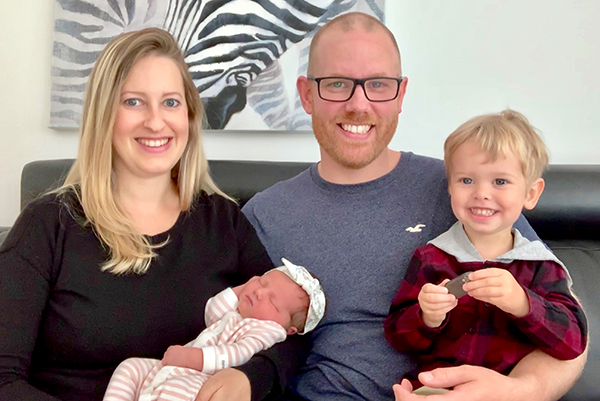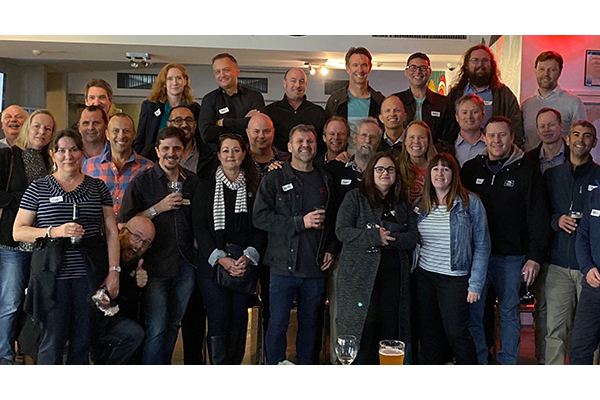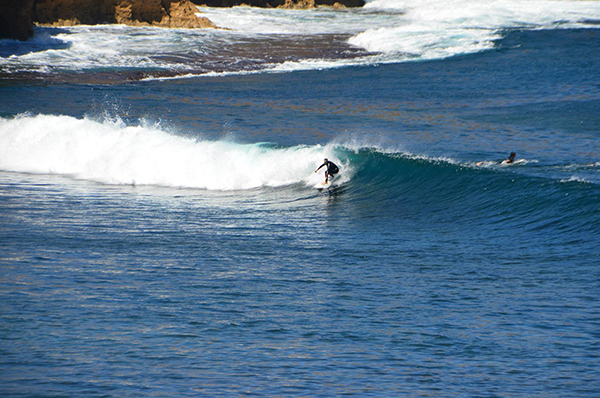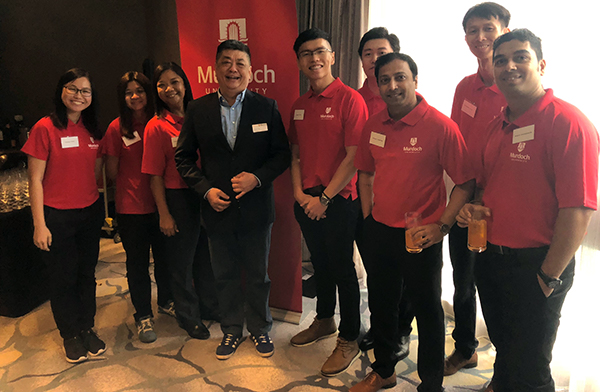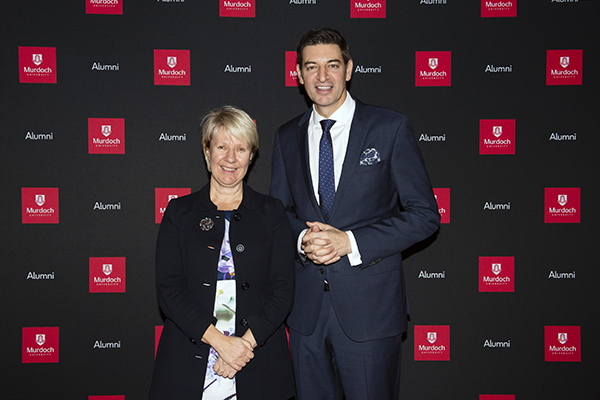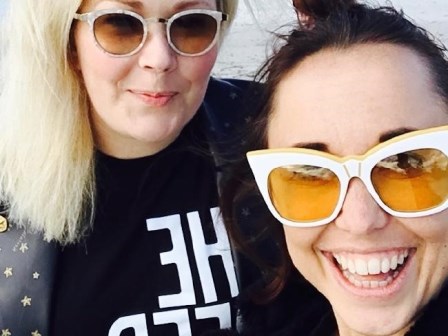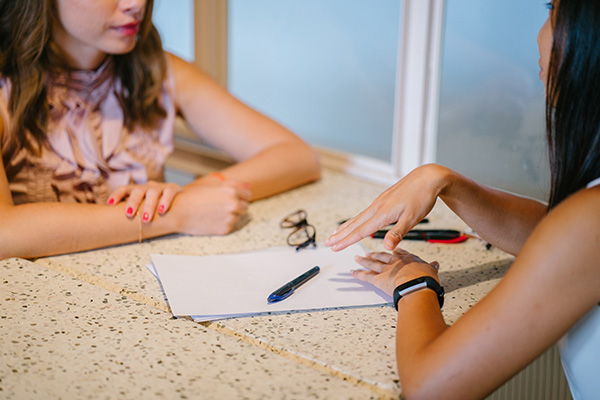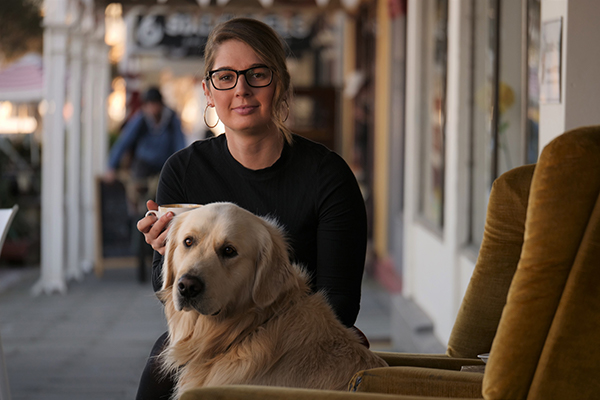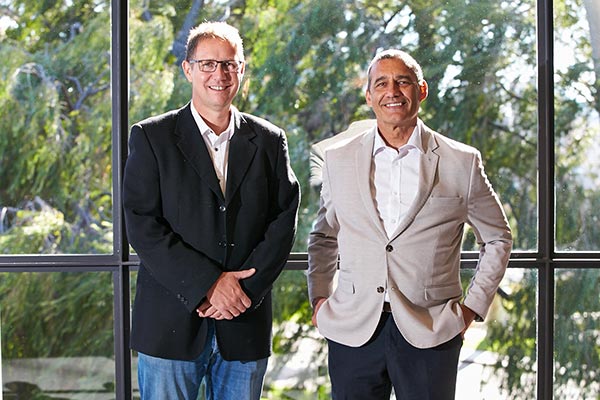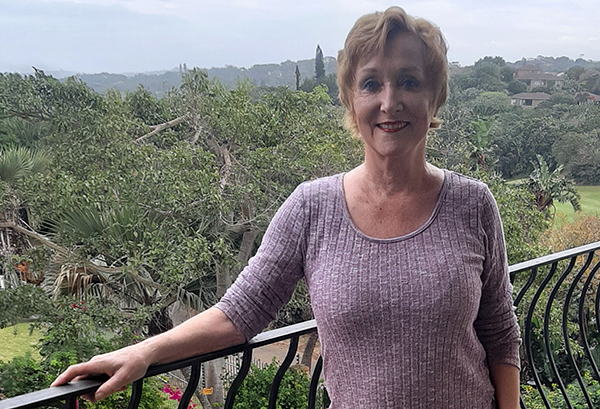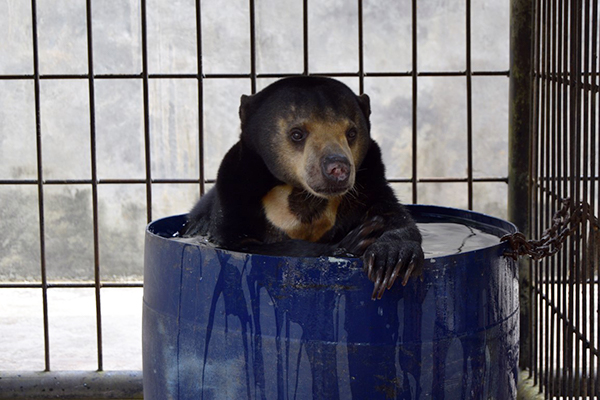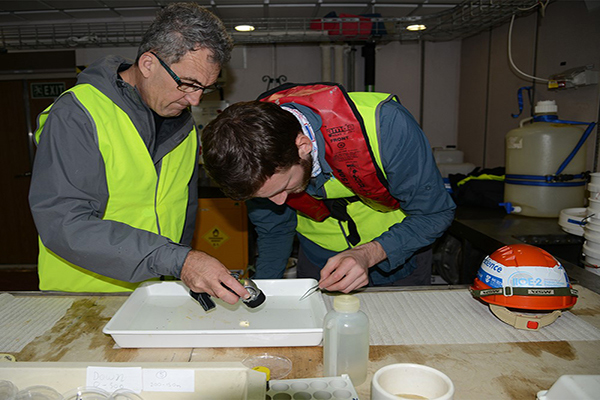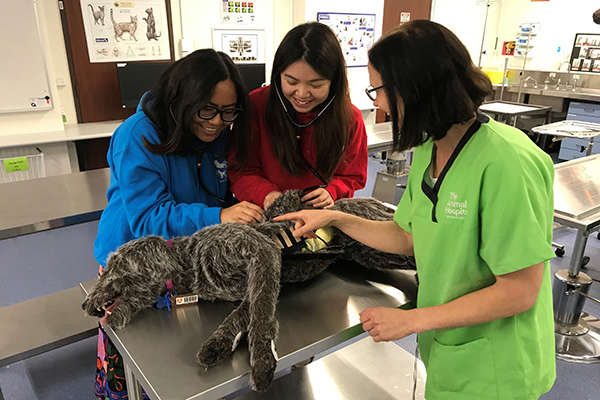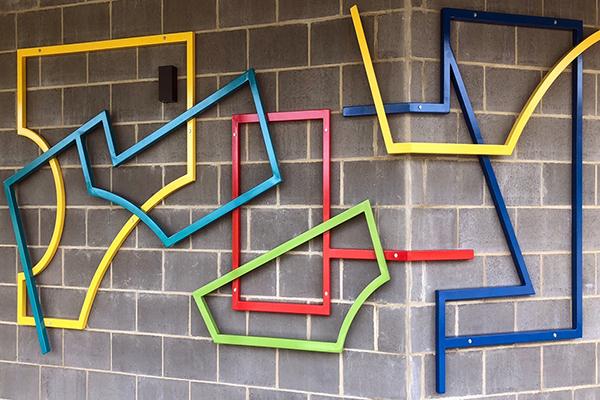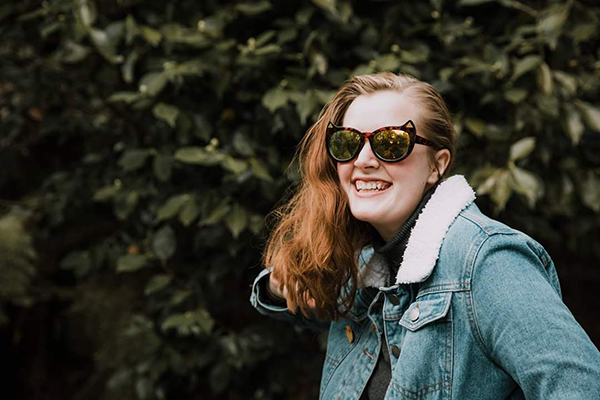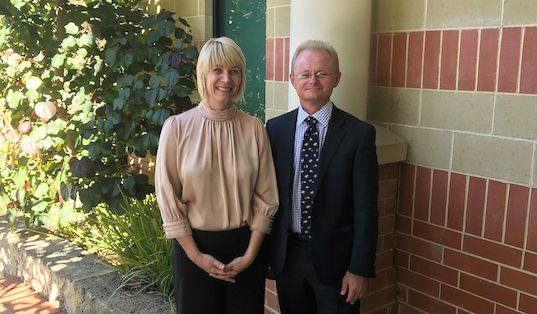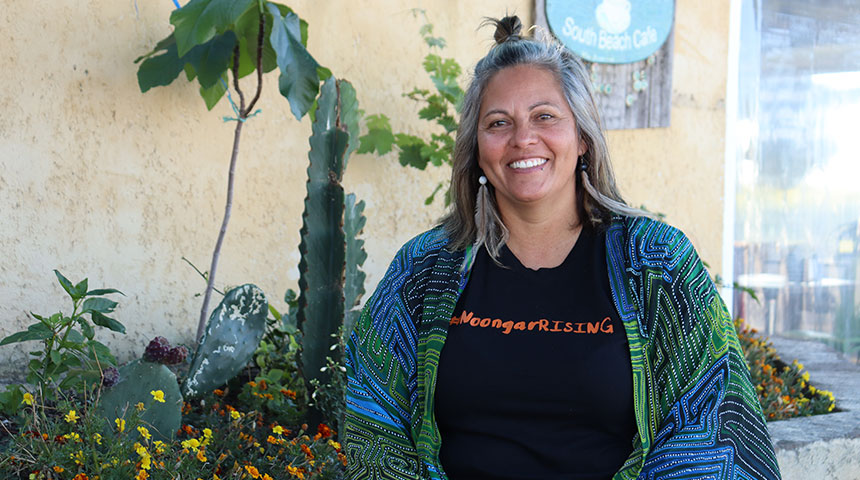
An interview with Heidi Mippy, a pioneer in Aboriginal education support and community development.
Where were you born and what was your early family life like?
I was born in Carnarvon, in the upper Gascoyne region of WA. It's my grandmother's country. I have three sisters who were also born in Carnarvon. At about kindy age I moved down to Harvey where we lived a bit more of a farm kind of lifestyle - picking oranges collecting tadpoles, and milking cows.
By about grade two, we made a decision to move over to Geelong where my dad was living at the time and I did the bulk of primary school there, before heading back home to Perth.
I went to high school at Hamilton High and I've always been around Fremantle/Cockburn area through most of my younger life.
What were your parents like?
I was raised mostly by my mother who is a Wadjala woman. My mother and father, who is a Noongar Yamatji man, separated when I was very young. So, most of my life, whilst my dad was around, I've been raised mainly by my mother, who I think did a great job raising four girls. She showed me the importance of working and of going to school.
They role modelled a lot of positive behaviours, but also made sure that we were connected back culturally through my dad and my family. To me, that was really important. I didn't see my mum as a different colour, but when I would go to school and people would see her blue eyes, blonde hair and fair skin they would often ask, ‘Are you adopted?’
My mum worked very hard to raise four kids. We all had our own interests and our own needs. She didn't get to complete levels of schooling that I had, but she really pushed all of us to do the best we can and I’m very grateful for the support and how she's raised all of us over time, and her support even to this day.
You were the only Aboriginal student in your year to graduate from Hamilton Hill High School with a TEE score. How did that feel?
Yes, I graduated from Hamilton High School in 1996 and I was the only Aboriginal student doing the TE. It was an interesting time because it wasn't cool to be smart. I was an all-rounder. I was good at sports. I was good at swimming. I was good at school.
I believe my connections with sport and with the, if you like, ‘nerdy’ classes at school enabled me to get a balance socially. I felt I was well supported, and I didn't feel left out.
Overall, I believe that the school supports I had back then are better than my children have now, from an academic as well as cultural perspective. So, I always look back on Hammy High with really fond memories and take bits of that time to add value as both a parent and a community member.
A big part of why I didn't feel isolated at school is that the Education Department had a really strong Aboriginal education team, and they would bring together students like myself from other schools to get together. We had a common interest. We all had goals to go to university. We were all striving with our education.
We had school camps together where we’d talk about our employment and education pathways, and I also had an opportunity to attend a summer school in Adelaide.
It was such a good learning opportunity culturally, to mix with other Aboriginal people from around Australia who I'd never mixed with before. These programs made a big difference and helped me to stay connected in many ways and not to feel so alone.
What did you do after school?
When I graduated, I was presented with an opportunity straight-away to do a local government traineeship at the City of Melville. I wanted to go to university, but this opportunity came by, and I just felt that I would give that a go and start working.
I needed money because I was already living independently, through high school year 11 and 12. I moved in with my sister who was pregnant so I could support her with a baby and also support her financially with rent. I finished it early. It was a twelve months’ traineeship, but I finished it in six months.
I got bored quite quickly because I like to be stimulated and that's when I first came to Murdoch University as a student.
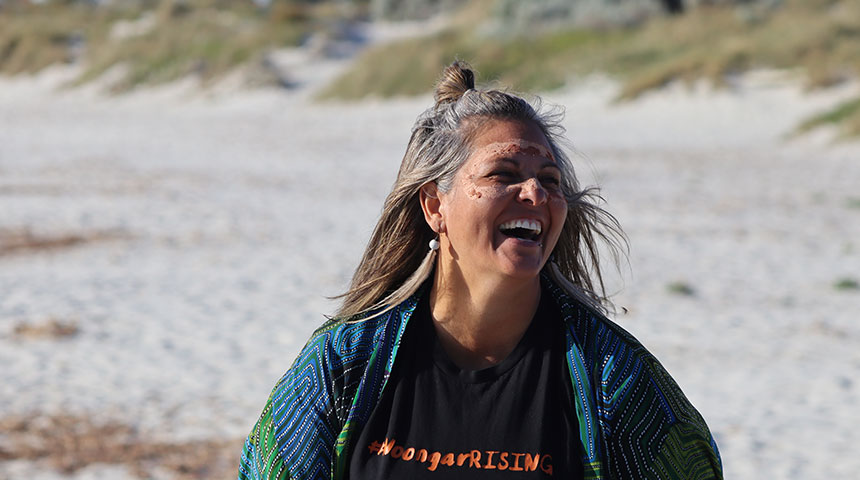
Were there standout moments in your early career?
There was a point in my career where I was having a really great time and I felt like I was making an impact in the work that I was doing and that was when I was working at the Department of Fire and Emergency Services (DFES). During that time, I realised that I had other interests. I had completed a degree at University of Technology in Sydney in Adult Education and Community Management and that certainly had helped me to do the community engagement and community development roles that I've done.
Whilst I was at DFES, I felt as I was getting higher in my career and into more senior positions, that I wanted to be challenged more. I had the opportunity then to, I say, ‘taste’ a Grad Cert program through the public sector.
I absolutely loved it, working with people in other agencies. It opened my eyes, and I was so hungry for more that I very soon enrolled into the Masters from that Grad Cert.
I feel like that's one of the best things I've ever done, in terms of challenging myself from a personal and career perspective. It grew my thinking and helped me to be a bit more confident in what I know, and what I can do, and maybe not just to sit back and be the status quo as much as I was comfortable with.
How did you get involved in schools again?
A few years ago, Hamilton Senior High School was knocked down and they merged that school with another school and created a new school called Fremantle College. My eldest daughter was in school at that time and would be attending that college.
I went into Fremantle College on the school board and did a little bit of consultancy work around Aboriginal engagement. Very soon I realised that it didn't have the culture and the cultural safety and support for the children that I had when I was at school.
So, I approached the Djidi Djidi Aboriginal Women's Corporation, which is a corporation that's been in the area since about 1995/1996, with a main goal to provide services to Aboriginal women, children and families from the Melville, Cockburn, Fremantle, and Kwinana areas. I also approached the Southwest Aboriginal Land and Sea Council (SALSC), and said, 'Let's put an academy in here.’
I wanted it to be something different. I wanted it to be curriculum-based, but grounded in culture. So, I built, from the ground up, the Djidi Djidi Academy at the school for the girls, which was linked into the school curriculum.
We did activities within the school curriculum, but also cultural activities like taking kids out on country and teaching them two-way science.
When we started the Academy at Fremantle College, we had about 25 girls that were under mental health plans and needing a lot of support. I believe that there's a lot of value in connecting kids with culture and country to lift their wellbeing and their spirits. Many of the activities that we did through the Academy were about asking, ‘Who are you?’ ‘Where do you come from?’ ‘What does that mean?’ We introduced language and all elements of culture. That group of about 25 went down to five.
Connecting those young people to other family members in the school that they didn't know, a big auntie or a big sister or a nana and helping them to understand where they fit in the community, in the Noongar community, in the Aboriginal community, made all the difference to their confidence and their wellbeing.
That ongoing cultural learning is really important as we engage with young people and bring them on that journey.
As a privilege, we also taught the girls how to dance cultural ceremony. That's not about performing for people like theatre. It's very important. I'd say to the girls, you need to connect with the spirits of the old people. We teach them the dance, the ceremony, but they had to connect with the old people, who would then guide, and walk with, and dance with the girls.
We started our dance group and had the girls perform at school events and community events. The end result of that is that now they've been able to perform at major events in front of 20,000, and 60,000 plus people. They are proud Aboriginal people, and they don't shy away from their culture and their identity, and it's given them a lot of strength.
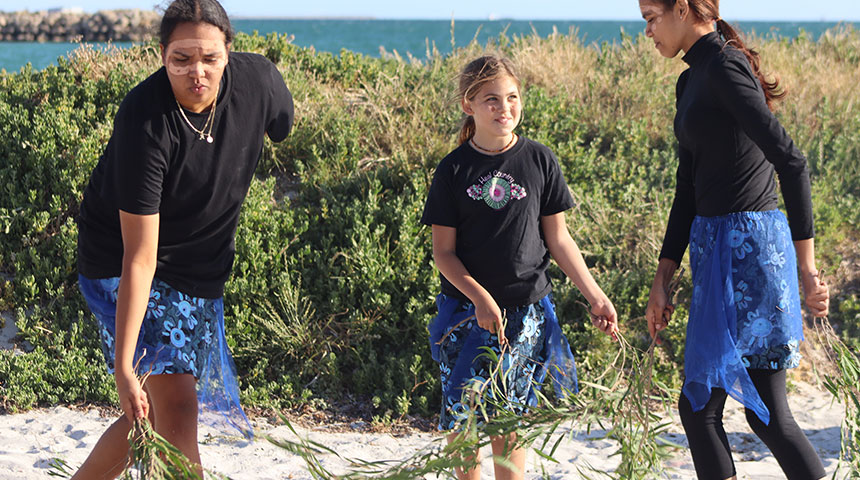
What other results did you see?
What I loved is that many students began writing essays for the first time. Their teachers had written them off, saying they can't write, or they can't read.
I remember doing a session once with the kids where we talked through the Freedom Rides and at the end of that session I unpacked the content on the whiteboard. I said, ‘What have we learnt today?’ We talked about the 1905 Act and Charles Perkins, the White Australia policy and all these things were coming up.
And at the end of that one period, a number of the students said, ‘Auntie Heidi, that's the most I've ever learned in school, ever!’ just in this one session.
That’s the impact, that's the power of connecting with our kids in the class. It's not hard to do and when you do, brilliant things happen.
I tasked them all to do a 1,000-word piece and they all returned back these essays on all of those topics and it was just so powerful. They were able to use it for assessment in their main classes and really impress the teachers. I think it showed that our kids can teach the teachers and can shape today's curriculum.
Has there been key mentors in your life?
I've been very blessed with strong mentors or role models in my life. One of them early on was a lecturer at Murdoch, a Noongar man – Winthrop Professor Len Collard.
I came to Murdoch and started off doing Indigenous Studies and I walked into the classroom thinking there'd be a lot of Aboriginal people there, and there wasn't. I was one of maybe two.
Len was my lecturer. I sat in the class with Len, and he asked people to reflect on the readings and the students would come back and regurgitate a lot of what I experienced when I was in a classroom at high school i.e. saying all the wrong things.
I was very emotional and went to speak with Len after the class to say, ‘Why are you not telling these people that they're reading the wrong resources?’ and ‘Why are you not challenging them?’
He said to me, ‘Heidi, I don't need to challenge them because that's what you're here for.’
And I realised the power of playing devil's advocate, where he would sit there and just hold space for people to say completely wrong things, or ignorant things, knowing that it would then allow for conversations about telling the correct story, or truth telling.
I so much appreciate his approach. At the time, I thought he was crazy, but it gave me a really deep learning and I admire the fact that he's now a professor and had a lot of impact in the whole of our community in many, many ways.
There is a husband-and-wife team that have provided a lot of guidance in my life since the age of 11 - Marilyn and John Strother. Marilyn worked in education and did a wonderful job ensuring I was part of many of the camps and education experiences that I mentioned.
One day when I was young, I was sitting in the house at their kitchen table and her husband John said to me, ‘Do you want a job or a career?’
I said, ‘Isn't that the same thing?'
He explained why it wasn’t, ‘A job is where you drag yourself out of bed and you go…ah, I've got to go to work. A career is where you jump out of bed, and you can't wait to get there.’
I don't think they know how significant that conversation is to me, but I think it was life changing. I’ve never forgotten those words and to this day, if I ever find myself dragging myself out of bed and my heart is not singing, then I know I'm in the wrong spot.
Another mentor I am very lucky to have beside me is Gail Beck OAM, from SWALSC.
She's been a part of my life most of the way through. I reached a point in time where I was getting frustrated with recruitment strategies that excluded Aboriginal people, or only recruited Aboriginal people for the fact that they are Aboriginal, and not the skills and experience that they bring to the table.
She said to me, ‘Heidi, you can have all the experience in the world, but when you go up for an interview, if you don't have the piece of paper like the white person, they're going to get that job.’
I started to see the truth in the story. She's the person who inspired me to come to Murdoch University to study. She has also inspired me to go on and do further study and also to challenge in my career, challenge the spaces, and know that I have the right to be in places based on my experiences as well as my qualifications. She's been an absolute role model.
What key lessons have mentors given you?
When I was young, and I want to say, early teens maybe at the latest, I remember having a conversation with my Nan.
My Nan was born in 1928, so she lived through some of the harshest times in Australia. She talked to me about her own lived experiences a lot and she talked to me about opportunity, and she would say some strange things that I couldn't understand at that time. But as I got older, I began to realise that historically it was a very different time for her. But a piece of advice that she gave to me was, ‘If you want something, you must go and get it, don’t ever rely on help, or hand-outs.’
My Pop, who was born just down the road here in Fremantle in 1917, was put straight into a hospital and into a mission. He went away and fought in the war as a Noongar soldier, but under a flag which didn't recognise him as an Australian citizen.
After he passed away, he lay in an unmarked grave for 17 years, while other soldiers were given full services and headstones.
I was able to get a headstone on his grave on the 18th year, and we had another burial for him back in Carnavon.
Why am I telling you this story?
It’s because I believe everything that I do is because I have far more opportunity than my old people had. I think that if I don't do the best I can with what I have, then I'm not honouring the injustice and the harsh life, the very difficult lives that they lived.
This is what I put into my girls. I tell them the same thing, that, you know, people have left a legacy and walked a path so that we can walk a way better journey. So that motivates me. It grounds me. It keeps me focused. It helps me to re-adjust the compass, if it's ever feeling off. It guides me through everything that I do in life, both personally, professionally, and with my family.
